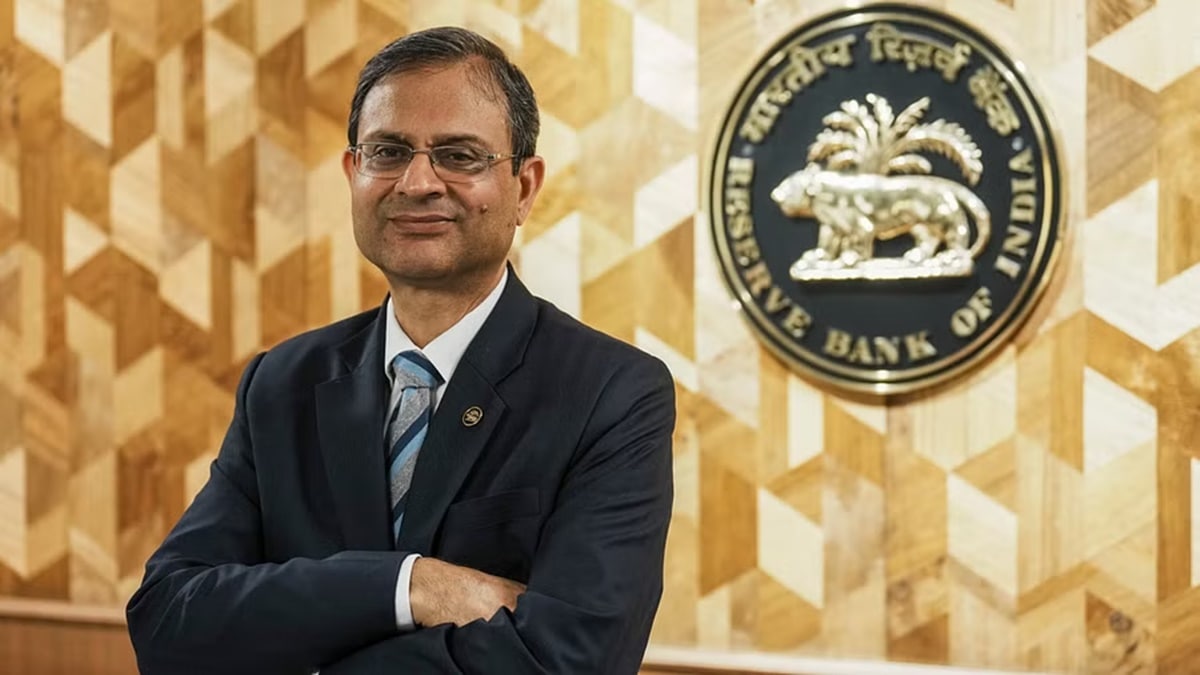A month after inviting proposals to set-up four thematic hubs under the Rs 6,000 crore National Quantum Mission, the government will meet software and IT companies, startups, researchers, and academic institutions, on February 20 to discuss the implementation of the project.
The meeting will broadly focus on resolving doubts of the stakeholders with regard to the quantum mission, and how a consortium of industry, academia, and government can drive the implementation of quantum technologies in the country. The government has also been planning to loop in IT companies such as Tata Consultancy Services (TCS), Tech Mahindra, Infosys and other software companies including Qualcomm, to contribute towards developing the technology.
Quantum technologies are used to solve complex solutions which a classical computer takes time and may not be able to resolve. For example, using quantum superposition, quantum computers can do many calculations at once, making them super fast. This means they can crack unbreakable codes or process information much quicker than regular computers.
Owing to the evolving nature of technology based on different needs, countries worldwide are working on the next quantum revolution for faster transportation, more secure communication, less time in making medicines, detection of multiple diseases, space communication, etc. The Cabinet approved the Rs 6,000 crore mission in April last year to scale-up scientific and industrial research and development (R&D) for quantum technologies by 2030-31. “The goal is that we have to focus on the very fundamental R&D, but also to see that it translates into products at the end of the day,” Ajay Sood, principal scientific adviser to the government said in an event on Quantum Communications on Thursday.
“Major software players are also encouraged to be a part of this, so that quantum computing as a service can emerge very soon. The hope is that in about three to five years, we will have high-end research and also the products will come out at different levels of their maturity,” Sood added. The department of science and technology is implementing the National Quantum Mission, with the department of telecommunications (DoT) and ministry of electronics and IT (MeitY) as knowledge partners. The framework of the mission is that a consortium of R&D labs, institutes with partnership from big companies and startups, will set up four thematic hubs in quantum computing, quantum communication, quantum sensing & metrology, and quantum materials & devices, with funding from the government.
These selected technical groups will then establish a section 8 non-profit company to function as thematic hub. As per the framework, the government has divided the implementation of the quantum mission into three phases. Phase 1, which includes setting up of thematic hubs till prototype will take upto 3 years. The next phase of product development and deployment would take upto 6 years, and the third phase of business development and economic growth, will kick in after the product development stage.
Speaking at the event, telecom secretary Neeraj Mittal said, “a lot of work is happening in C-DOT, in terms of quantum communications. They have developed a quantum secure video phone”.The Telecommunication Engineering Centre (TEC) is also setting standards for Quantum Key Distribution (QKD). With the quantum mission, the government is targeting to develop intermediate scale quantum computers with 50-1,000 physical qubits in 8 years in various platforms like superconducting and photonic technology. Further, the technology is also aimed at building satellite-based secure quantum communications between ground stations over a range of 2,000 kilometres within India.









